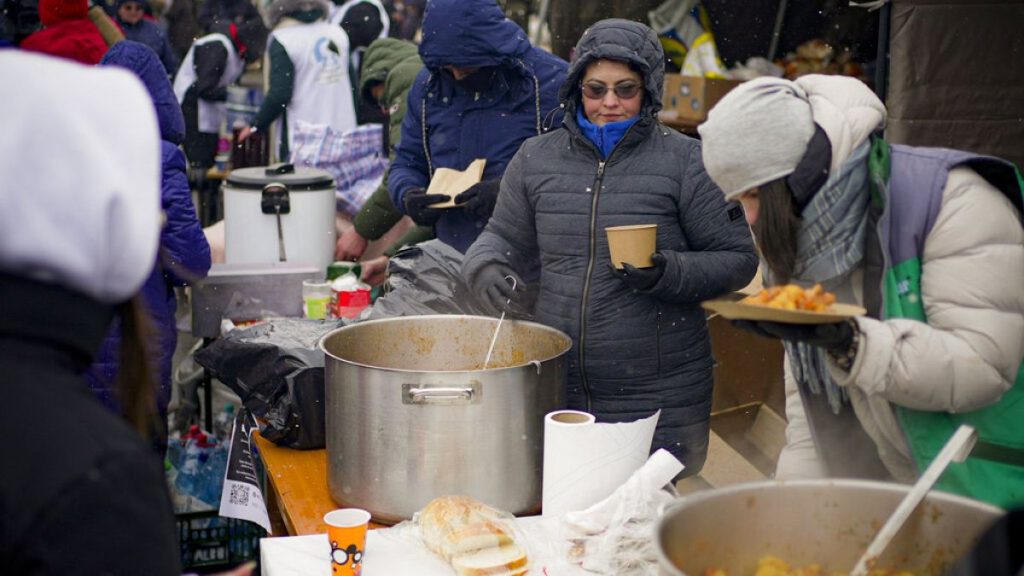The festive cheer of Christmas in Romania was unfortunately punctuated by a surge in emergency calls, primarily attributed to overindulgence in food. The abundance of traditional dishes, coupled with the cultural emphasis on savoring these delicacies, led to over 1,500 calls for ambulances, with approximately 50 cases involving serious digestive or cardiac problems. This spike necessitated a doubling of medical personnel on ambulance duty in Bucharest, highlighting the significant strain on the healthcare system. While the joyous atmosphere of the holiday season encourages culinary indulgence, the consequences of excessive eating underscored the importance of moderation and mindful consumption. This phenomenon reflects a broader trend of holiday-related health incidents often linked to overeating and overdrinking.
The surge in emergency calls wasn’t solely attributed to celebratory feasting. Nutritionist Ligia Alexandrescu points to an underlying economic factor. The escalating cost of traditional ingredients has led to a shift in consumer behavior, with people purchasing less food and striving to minimize waste. This economic constraint, while contributing to the overconsumption of available food, inadvertently promotes a more sustainable approach to food management by reducing waste. This frugal approach, albeit arising from economic necessity, aligns with principles of mindful consumption and resource optimization.
Christmas in Romania, deeply rooted in Orthodox Christian tradition, is a period of profound spiritual significance. The 40-day Nativity fast, commencing on November 14th, culminates in a celebratory feast, often leading to excessive consumption following a period of abstinence. This transition from restricted eating to abundant feasting can overwhelm the digestive system, contributing to the observed health issues. The rich, often heavy, traditional dishes, consumed in large quantities after a period of fasting, can pose a significant strain on the body. This highlights the need for a gradual reintroduction to a regular diet following periods of fasting to mitigate potential health risks.
Nutritionists emphasize the critical role of culinary education in addressing the issue of overeating. A key aspect of this education involves promoting the understanding that there is ample opportunity to enjoy festive dishes without excessive consumption in a single sitting. This approach encourages mindful eating habits, emphasizing appreciation for the flavors and textures of the food rather than focusing on sheer quantity. It promotes a healthier relationship with food, fostering a balance between enjoyment and moderation, crucial for long-term well-being.
The holiday season, despite its inherent joy and celebration, presents potential health risks related to overindulgence, not just in food but also in alcohol. Unexpected food reactions can also contribute to health emergencies. This necessitates increased vigilance and awareness of individual dietary needs and tolerances. The combination of rich foods, alcohol, and potential allergens creates a complex landscape for the digestive system, making moderation and careful food choices even more vital during this period.
While the Romanian experience highlights a specific cultural context, the issue of holiday-related health emergencies due to overindulgence transcends geographical boundaries. It underscores the universal need for mindful consumption, balanced dietary habits, and awareness of potential risks associated with excessive eating and drinking during festive occasions. Promoting culinary education and responsible enjoyment of celebratory meals are essential for ensuring a healthy and joyous holiday season. This involves fostering a culture of moderation, encouraging portion control, and emphasizing the importance of listening to one’s body to avoid the negative health consequences of overindulgence.














